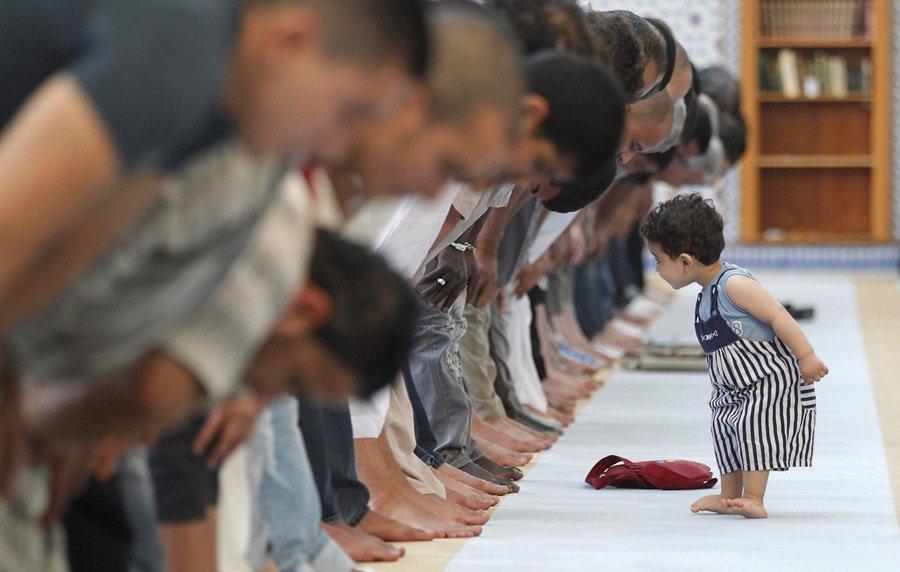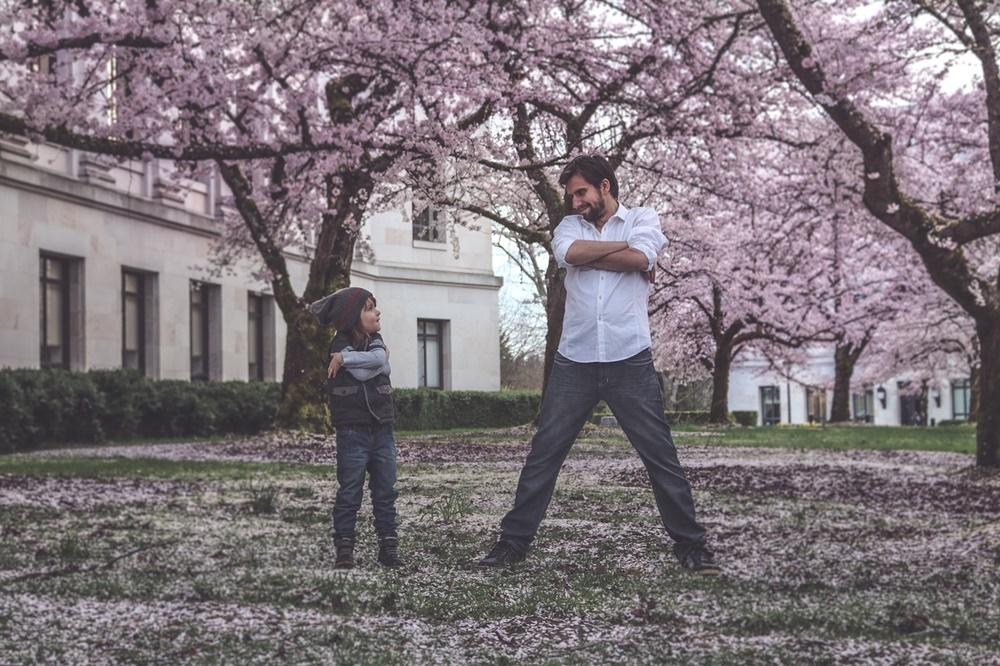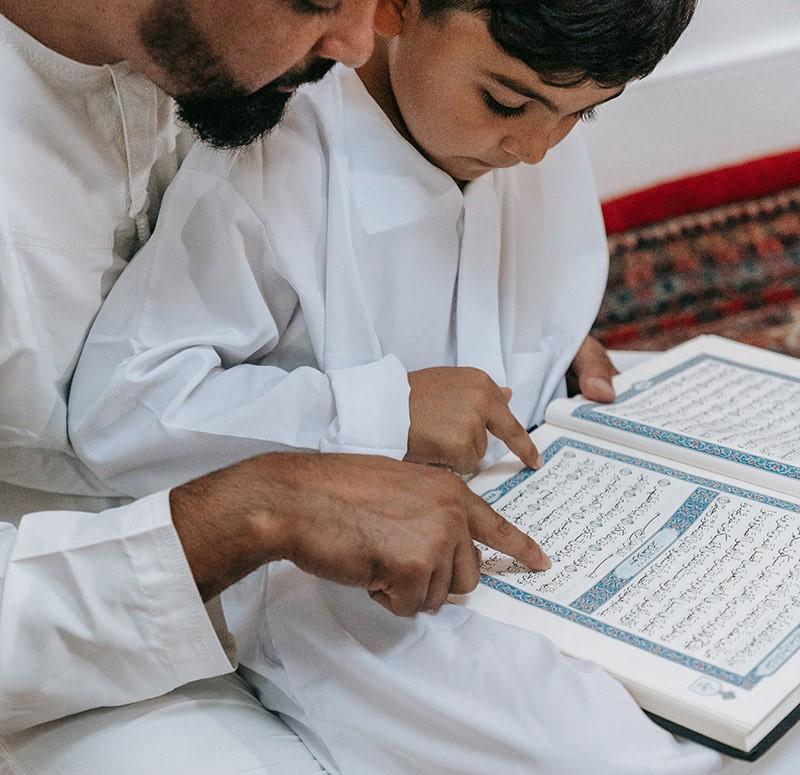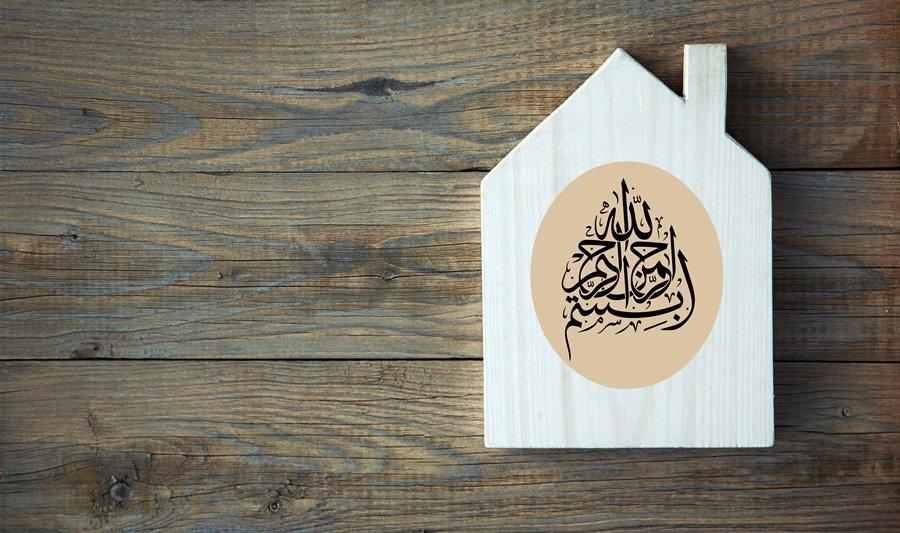THE best of discipline is that which is done at a young age. If a child is left to his own characteristics and he or she matures into an adult possessing those characteristics, changing the person would be difficult.
A poet said:
“If you straighten the branches they will straighten up,
But wood does not soften if you amend it.
Discipline benefits children gradually,
But it will not benefit those who have aged.”
Being perseverant in discipline is important, particularly with regard to children, as it benefits them and doing good becomes a habit.
A poet said:
“Do not neglect disciplining a child,
Even if he complains of the pain of exhaustion.”
Know that a doctor considers the age of the patient, as well as his place and time before prescribing the medicine best suited for him.
Likewise, discipline should be suited to each child, and signs of the success or failure of a child can be noticed from a very early age. [Also read: How To Establish Islam In Your Homes]
A man once told Sufyan al-Thawri, “We hit our children if they do not pray.” Sufyan told him, “Rather, you should encourage them and tell them about the reward.”
Zubayd al-Yafi used to tell young boys, “Whoever prays will have five walnuts.“
Ibrahim ibn Adham said, “O son! Seek knowledge of hadith. I will give you one dirham for every hadith that you hear.” On account of this, the boy started to seek the knowledge of hadith.
Taking Care Of The Trust
A Father should know that his child is a trust placed in his hands. He should make sure the child avoids bad company from a young age. He should teach him to do good, for a child’s heart is empty and accepts anything that is given to it.
The father should also instill the love of hayaa (modesty / shyness) and generosity. He should tell him stories of the righteous, and keep him away from ‘love poetry’ because it is a seed of corruption.[Also read: How To Overcome The Modern Challenges Of Parenting]
However, he should not prevent poems about generosity or courage, so the child can exalt these characteristics and becomes courageous.
If the child makes a mistake, the father should overlook. His teacher should expose his secrets and mistakes, but his father should only reprimand the child in private.
His father should prohibit excessive eating and excessive sleeping. Instead make the child accustomed to simple food and minimal sleep, for it is healthier. He should be treated with physical exercises such as walking and disciplined in proper manners by being prohibited from turning his back to people and from sneezing and yawning in their presence.
If he chooses to exhibit an ill characteristic, he should be deterred from it excessively before it becomes a habit. It is fine to discipline him if leniency is of no use.
Luqman told his son, “O son! Discipling the son acts as a fertiliser for sowing seeds.”
If the boy is aggressive, his father should be lenient with him.
Ibn ‘Abbas said, “The aggressiveness of a boy is an increase in his intelligence.”
The Future Of Your Child
Wise people used to say:
“Your son is like your flower the first seven years, and your servant the second seven years. By the time he reaches fourteen, if you have been good to him, then he will be your partner, and if you have bad to him then he will be your enemy.”
A child should not be beaten or offended after he reaches puberty, because he will hope to lose his father in order that he may have his own way.
Whoever reaches twenty years of age and has not become righteous, then his godliness is remote; however, leniency should be practiced with everyone.
– Excerpt from the book ‘Disciplining the Soul’
About The Author
His name is Abu’l Faraj Jamal al-Din Abdul-Rahman ibn Ali, but he is famously referred to as Ibn al-Jawzi. He was born in 509 or 510 AH.
Upon reaching adolescence, his aunt took him to Ibn Nasir, from whom he learned a great deal. He came to love preaching while barely having reached puberty, and from then on he started to give sermons to the people.
While still very young, he became known as a religious person who would not socialise with anyone. He would only leave his house for prayer and he would not play with others of his age. He was a person of great determination and ambition, and he spent all his life busy in seeking knowledge, preaching and authoring. He authored approximately 300 books.
Ibn al-Jawzi passed away in Ramadan in 597A.H. and was buried next to the grave of Imam Ahmad ibn Hanbal in the cemetery of Bab Harb.
Limited free articles. Subscribe for full access.







 Dr. Bilal Philips
Dr. Bilal Philips